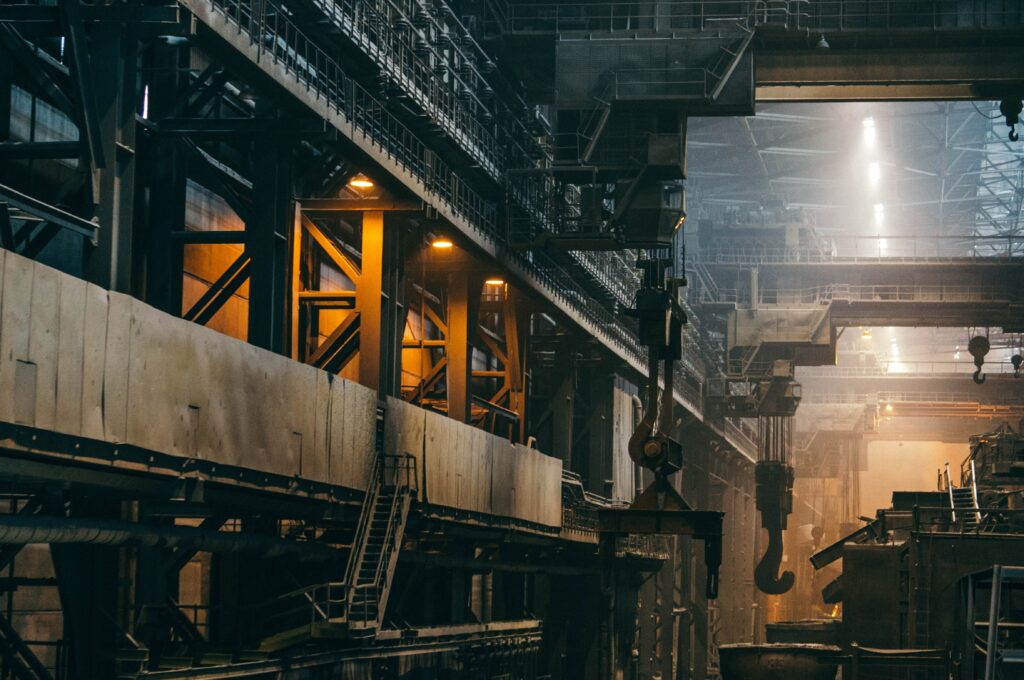How Often Should You Look after Machines in your Production Line

Scheduled maintenance is vital for the continued survival of any manufacturing business. Once you’ve committed the capital toward tooling up, you’ll want to be sure that the machines you rely on are kept in good working order. This will help to ensure that you’re able to remain productive, and that failure rates are kept low. It’ll also help to prevent workplace accidents.
Legally speaking, employers in the UK are required to keep their equipment ‘maintained in an efficient state, in efficient order and in good repair’. If you work for yourself, then it might be that you’re not putting anyone else at risk through neglect. But for the most part, it’s always a good idea to look after your equipment.
So, how often should you schedule this maintenance? The short answer is that it depends. If you’re performing maintenance frequently, then you might invest in tools that will make it easier, and become more productive in the long-term. DeWalt grease guns and other machinery-friendly tools might make worthwhile investments.
You’ll want to schedule maintenance according to several factors, set out by the Health and Safety Executive. Let’s take a look at them in turn.
What does the manufacturer say?
If you’re using off-the shelf tools, then you might check the manual for a recommendation about how often it should be looked at. If you can’t find a recommendation, then it might be worth getting in touch with the manufacturer directly. If you’ve tooled up with bespoke machinery, then it’s best to ask the question at the point of installation.
How much are you using it?
If you’re driving your equipment hard, then maintenance will be required more often than if you are using it sparingly. Remember however that just because your equipment is sitting unused doesn’t mean that it isn’t deteriorating – especially if the storage environment isn’t ideal.
Where are you using it?
Certain environments are going to place greater strain on your tools than others. If you’re working outdoors, in wet or hot weather, or in otherwise caustic conditions, then more frequent maintenance might be necessary. To keep your tools in good condition, you should consider investing in storage that’ll keep the elements at bay.
Do you know how to use it effectively?
If you’re using your tools improperly, then they’re almost certain to age prematurely. Sharp edges will become duller, and rotating bits are at risk of snapping. The easiest way to get around this is to provide your staff with the training they need to get the most out of the tools they’re given.
What’s the risk presented by a malfunction?
When you’re assessing the risk, you should always consider what might happen in a worst-case scenario. If the consequences of a failure might be disastrous, then it’s always better to err on the side of caution.




